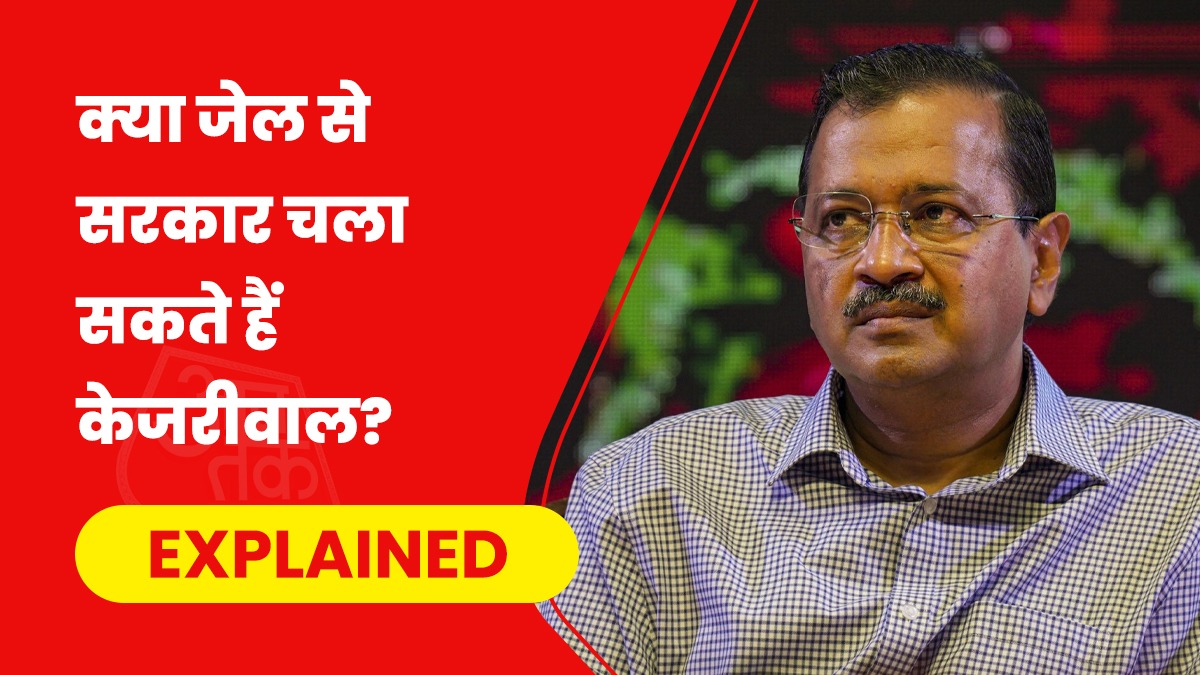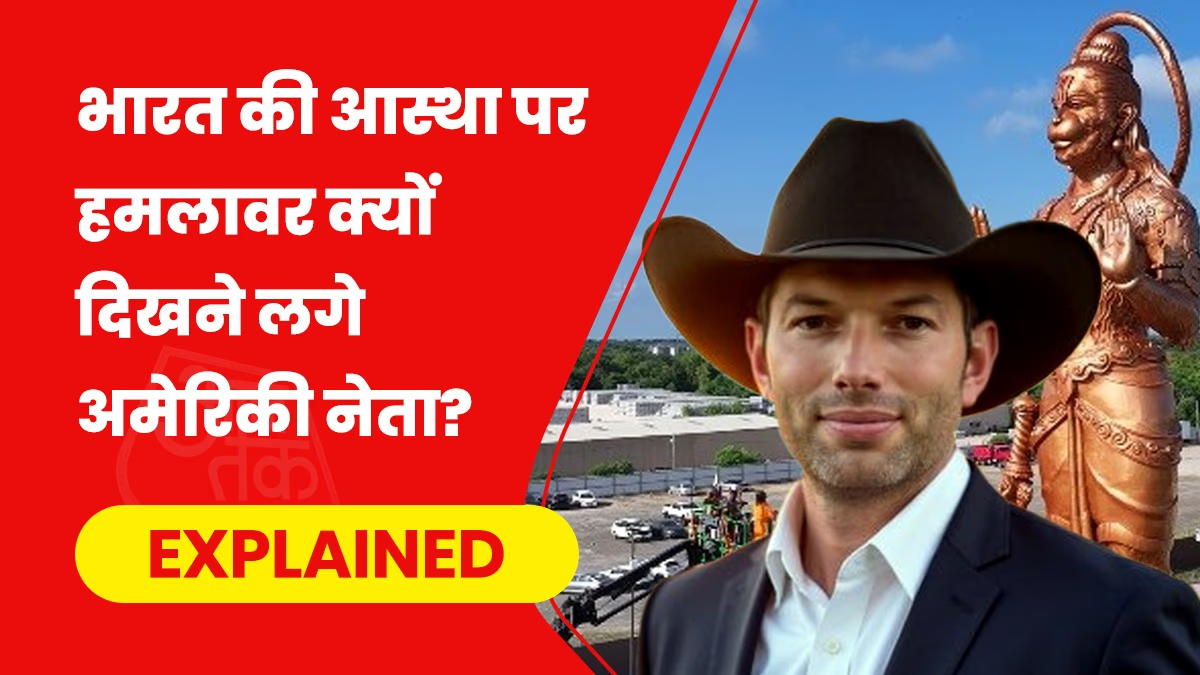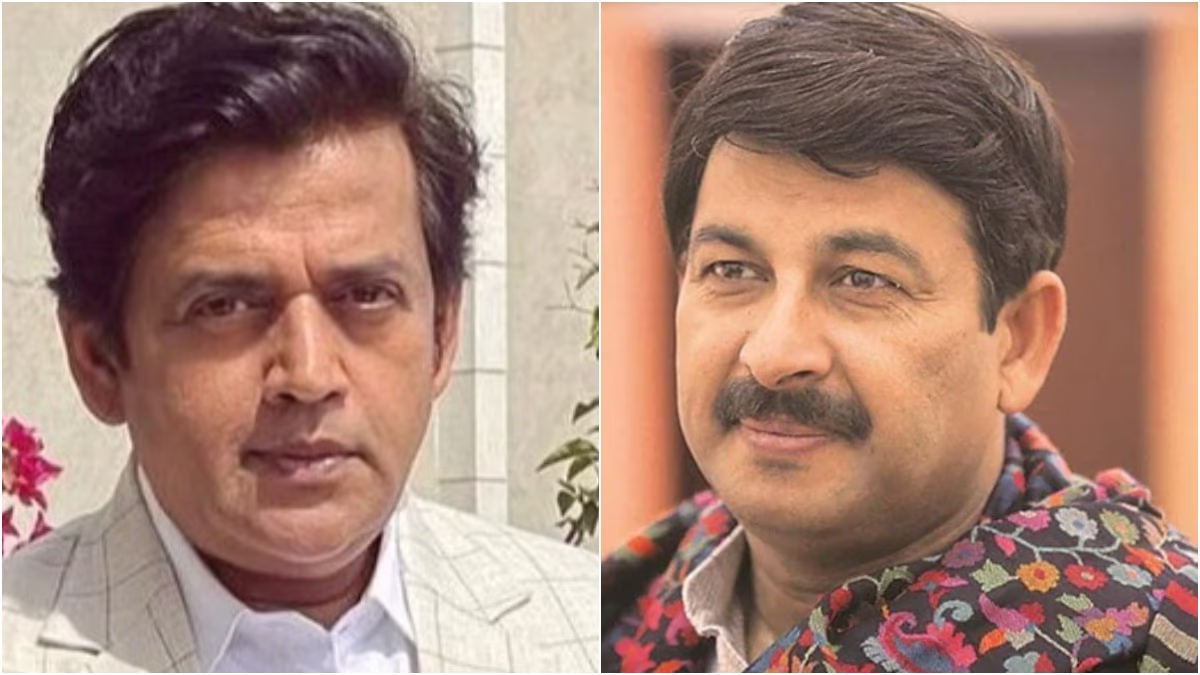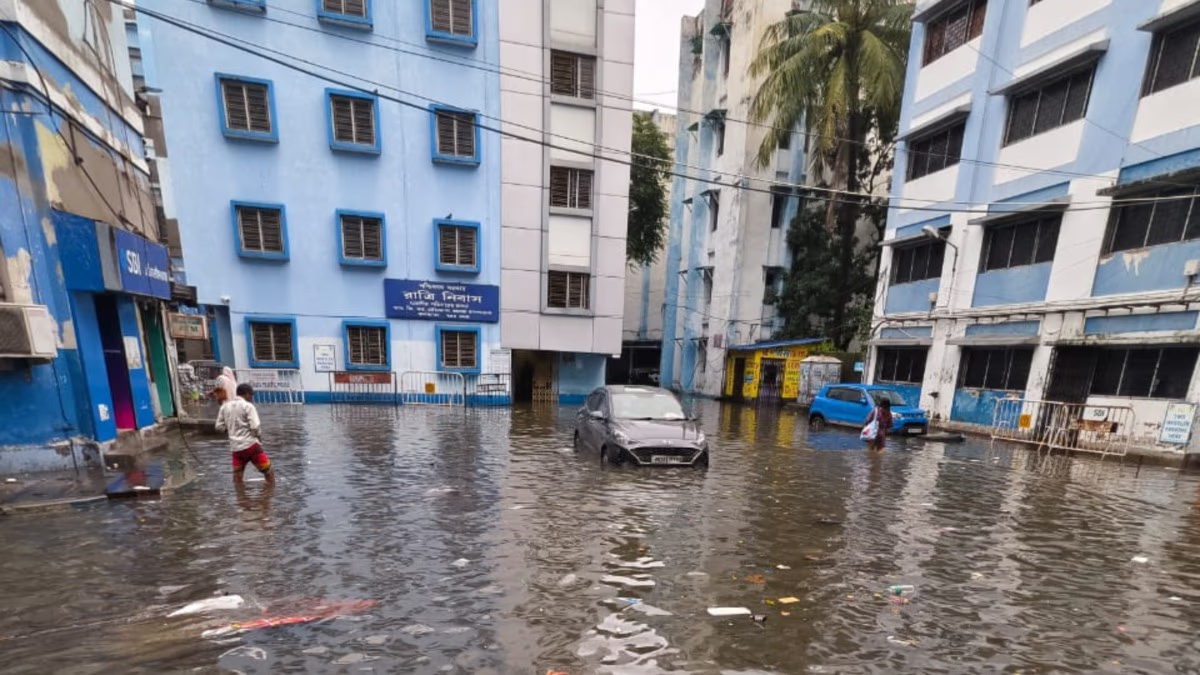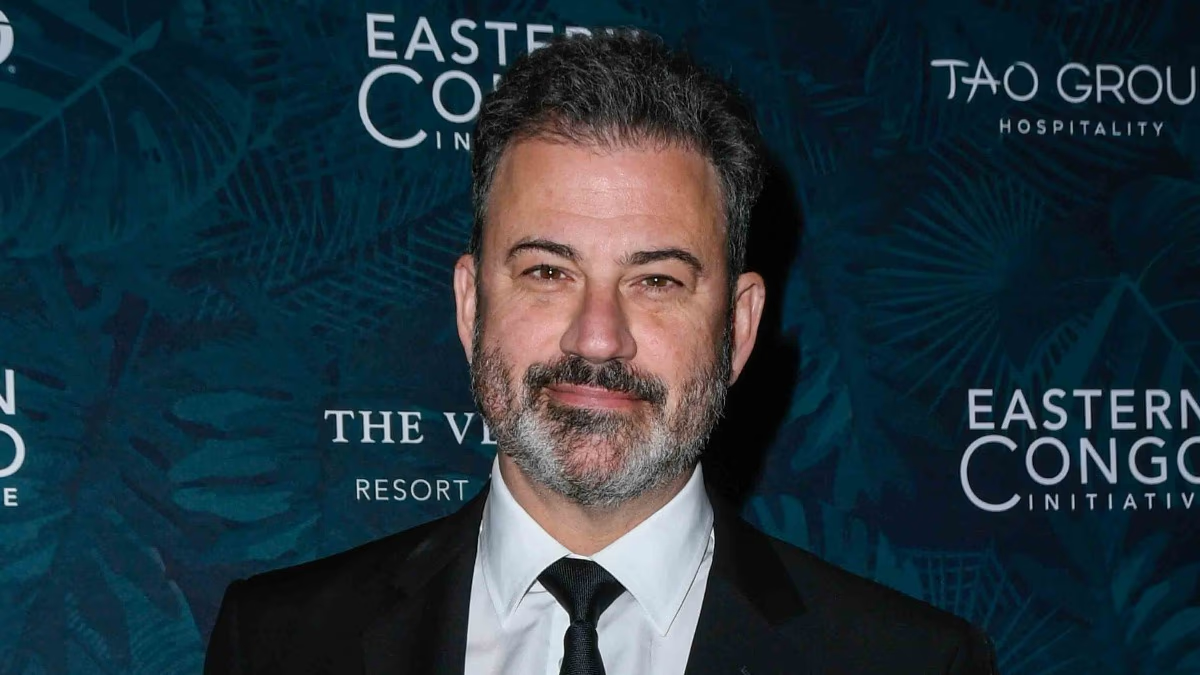Delhi's Chief Minister Arvind Kejriwal has been apprehended. After a two-hour interrogation on Thursday, the ED made the arrest linked to the supposed liquor scam money laundering case.
Kejriwal is the first sitting Chief Minister to be arrested, with Jharkhand's former Chief Minister Hemant Soren also detained earlier this year, though he had resigned before his arrest.
The Aam Aadmi Party is labeling Kejriwal's arrest as a 'political conspiracy', and opposition parties have voiced objections too.
Still, Minister Atishi from the Delhi government holds that 'Kejriwal was, is, and will continue to be the Chief Minister of Delhi.'
Atishi stated, 'We've said before, if necessary, Kejriwal will run the government right from Delhi. Nothing legally prevents him from doing so. He has not been convicted, thus he remains the Chief Minister of Delhi.'
Earlier in November last year, the AAP leadership had anticipated this arrest when Kejriwal first received a summons from the ED. The leaders affirmed that Kejriwal would govern from jail if needed.
Is such a scenario possible?
Governing from jail may seem illogical, but there's no law or rule to bar a Chief Minister from doing so.
Nevertheless, for Kejriwal, it's a complicated situation. Every inmate, including undertrials, must adhere to the jail manual. Once inside, all special privileges end, although fundamental rights remain intact.
Jail operations are systematic. According to the manual, prisoners can meet relatives or friends twice weekly, with each visit lasting 30 minutes.
A jailed politician can contest elections and participate in assembly proceedings but cannot hold any meeting. In January, when ED arrested Hemant Soren, the PMLA court permitted him to attend the trust vote.
Beyond that, many of an inmate's actions depend on court orders. They may sign legal documents through their lawyers, but signing government documents requires court permission.
Will Kejriwal resign now?
Currently, Kejriwal isn't obligated to resign as Chief Minister. He could voluntarily step down and allow for a new Chief Minister.
The Representation of the People Act of 1951 doesn't specify resignation on incarceration for a Chief Minister, minister, parliamentarian, or legislator.
Only upon conviction can a Chief Minister be disqualified. So far, Kejriwal has only been arrested, not found guilty.
However, Kejriwal's continued governance from jail could result in a constitutional crisis for Delhi, potentially disrupting administrative work.
If Kejriwal resigns, he'd still retain his legislative seat, as disqualification under the aforementioned Act requires a criminal sentence of two or more years.
Though AAP leaders, including the Delhi Assembly Speaker Ram Niwas Goel, assert that Kejriwal will not resign.
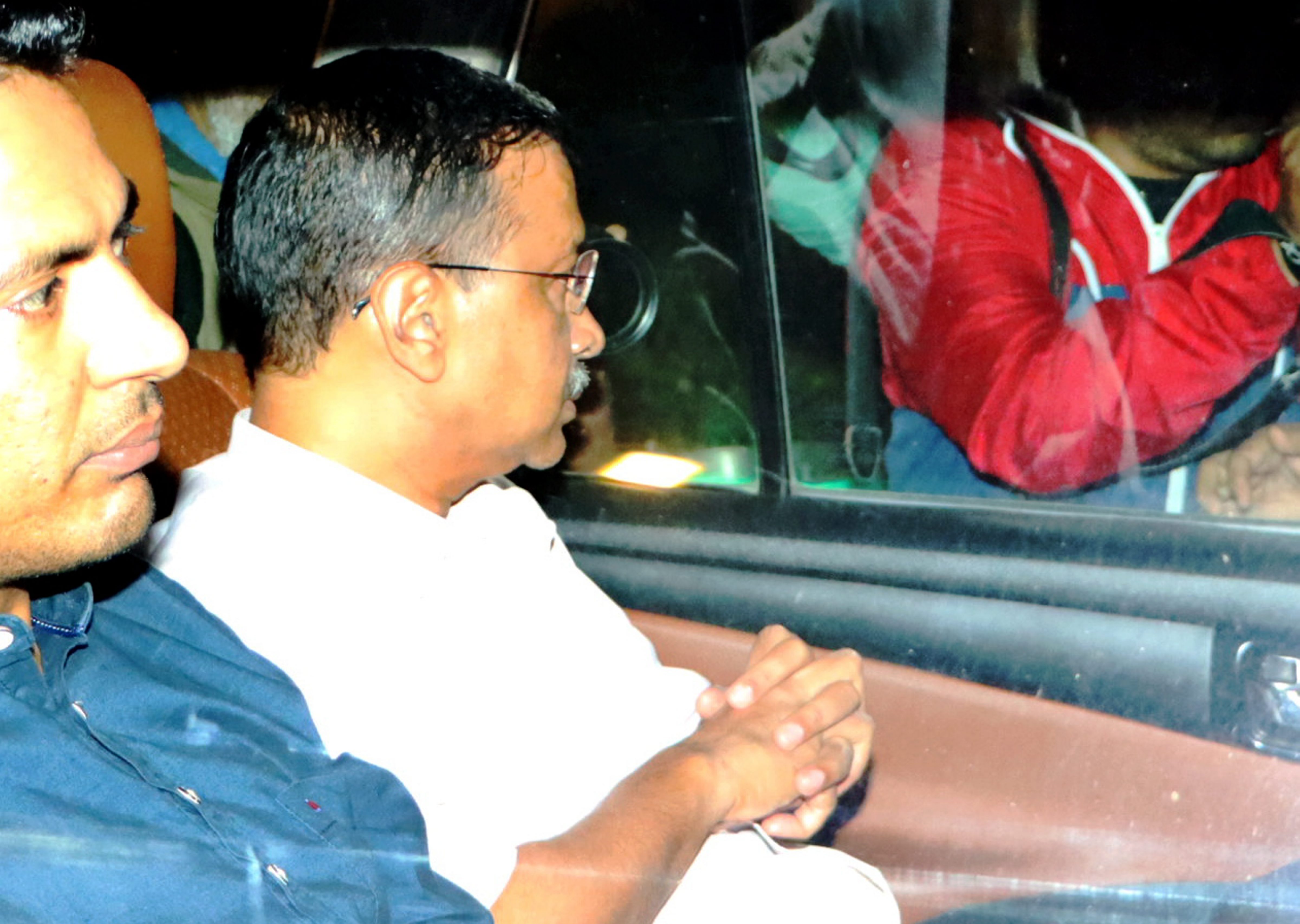
Source: aajtak
Can Kejriwal be removed from office?
Currently, there's no immediate prospect of this happening. To remove a Chief Minister, a vote of no confidence is required.
However, such a motion is considered when it seems the government has lost its majority. Yet, the AAP holds 62 of the Delhi Assembly's 70 seats.
Nonetheless, suppose a vote of no confidence against the Kejriwal government was introduced in the assembly – its defeat would be almost certain. Therefore, unless Kejriwal himself desires, he cannot be removed from the Chief Minister's position.
Why was Kejriwal arrested?
The ED is investigating money laundering in the alleged liquor scam related to the Delhi government's 2021-22 excise policy.
In July 2022, Delhi's then Chief Secretary reported to LG VK Saxena alleging policy discrepancies. A CBI case ensued, followed by the ED's investigation.
Deputy CM Manish Sisodia was arrested last year on February 26, followed by AAP's Rajya Sabha MP Sanjay Singh on October 4 by the ED.
Last November 2, the first summons was sent to Kejriwal. Since March 21, the ED has issued 10 summons, but Kejriwal has not appeared.
On Thursday, the Delhi High Court dismissed a petition to halt Kejriwal's arrest. That evening, the ED arrived at the CM residence and, after a two-hour inquiry, arrested him.
Could any Chief Minister be arrested?
Article 361 of the Constitution grants the President or Governor immunity from arrest or detention while in office, and they cannot be targeted by court orders.
However, there's no such immune privilege for the Prime Minister, Chief Ministers, ministers, parliamentarians, or legislators. Under the Civil Procedure Code Section 135, these officials are exempt from arrest in civil cases, not criminal ones.
As the alleged liquor scam involves ED investigation into criminal money laundering, hence Kejriwal's arrest.
What next?
Kejriwal's lawyers have challenged his arrest in the Supreme Court.
Their request for an immediate hearing was denied. Now, the case will be mentioned before the Supreme Court on Friday, deciding if a hearing will be granted. If the Supreme Court rules in Kejriwal's favor, he may be released; otherwise, he might remain in jail.
